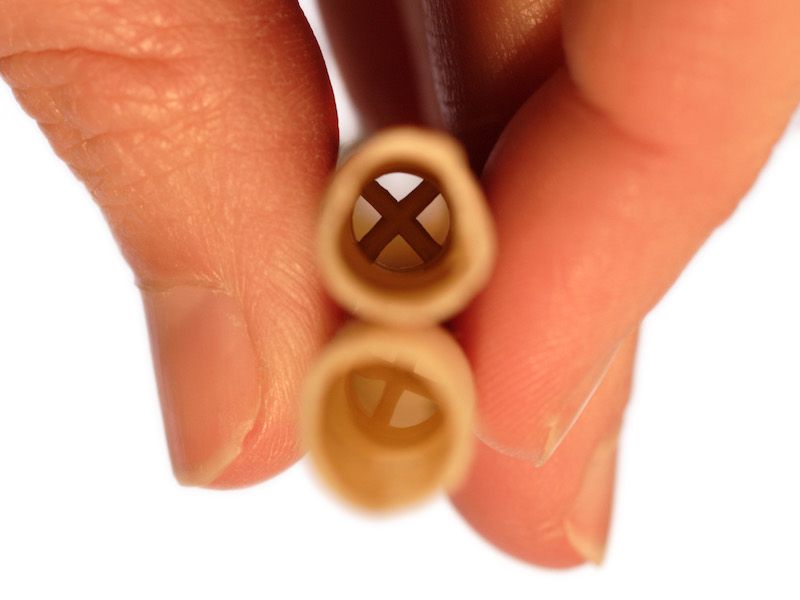
There’s a lingering belief in some groups that a practice called “ear candling” is a good way to minimize your earwax. Is ear candling effective and what is it?
Earwax Candles, do They Work?
Spoiler alert: No. They absolutely don’t work.
Why then do normally rational people persistently accept in this pseudo-science. That’s a tough question to answer. But although the rational decision is quite clear, learning more about the dangers of earwax candling will help us make an informed choice.
Earwax Candling, What is it?
So here’s the basic setup: Maybe you’re not sure how to eliminate all your accumulated earwax. You know you aren’t supposed to use cotton swabs (which is good, cotton swabs are not an ideal way to clean out your ears, in most cases). So, after doing some study, you find a technique known as earwax candling.
Here’s how earwax candling supposedly works: By inserting a candle in your ear (wick side out), you cause a pressure differential. This pressure difference then pulls the wax out. Any wax that might be clogged up in your ear can, theoretically, be pulled out by this amount of pressure. But cleaning your ears this way can be dangerous.
The Reason Why Ear Candling Doesn’t Work
There are a few issues with this practice, like the fact that the physics simply don’t work. There’s just no way for a candle to create that kind of pressure differential (and in order to move earwax around, that pressure difference would need to be quite substantial indeed). Also, a candle doesn’t possess the sort of seal required to sustain pressure.
Now, there are supposed to be special candles used in this “treatment”. All of the wax that was in your ear can be located in the hollow portion of the candle which can be broken up when you’re done with your 15 minutes of ear candling. But the issue is you can find this same detritus in new unburned candles also. So the entire process amounts to fraud.
Scientific research has been unable to prove any benefit associated with earwax candling.
So Earwax Candling Doesn’t Work, But is it Safe?
So, you may as well give it a shot, right? Well, you’re asking for trouble anytime you get a hot candle around your ears. You might be fine if you decide to try earwax candling. People do it regularly. But that doesn’t mean there aren’t risks involved, and it definitely doesn’t imply that ear candling is safe.
The negative effects of ear candling can include:
- Once the wax cools it can clog your ear canal. You could end up temporarily losing your hearing or even requiring surgery in extreme cases.
- Your ear can be badly burned. When melted candle wax gets inside your ear, it can cause severe hearing problems and burns. This could permanently damage your hearing in the most severe cases.
- Any time you’re messing around with an open flame, there’s a chance that you may trigger significant damage and put your life in danger. You wouldn’t want to burn your house down, would you? It’s not worth the danger to try this useless technique of wax removal.
You Can Keep Your Ears Clean Without Needing a Candle
In most circumstances you will never even need to worry about cleaning earwax out. That’s because your ears are actually pretty good about cleaning themselves! But you may be one of those individuals who have an unusually heavy earwax production.
If you do need to clean your ears out due to excessive wax, there are scientifically-proven (and effective) means to do that safely. You could use a fluid wash, for example. Or you could see a specialist who will be able to use specialized tools to get excess wax or wax blockages out of the way.
Cotton swabs are definitely a no-no. And open flames are not good either. Earwax candling doesn’t work, and it can create dangers that will put your comfort and your hearing in considerable jeopardy. Try burning candles for their sent or for enjoyment but not as a means to clean your ears.